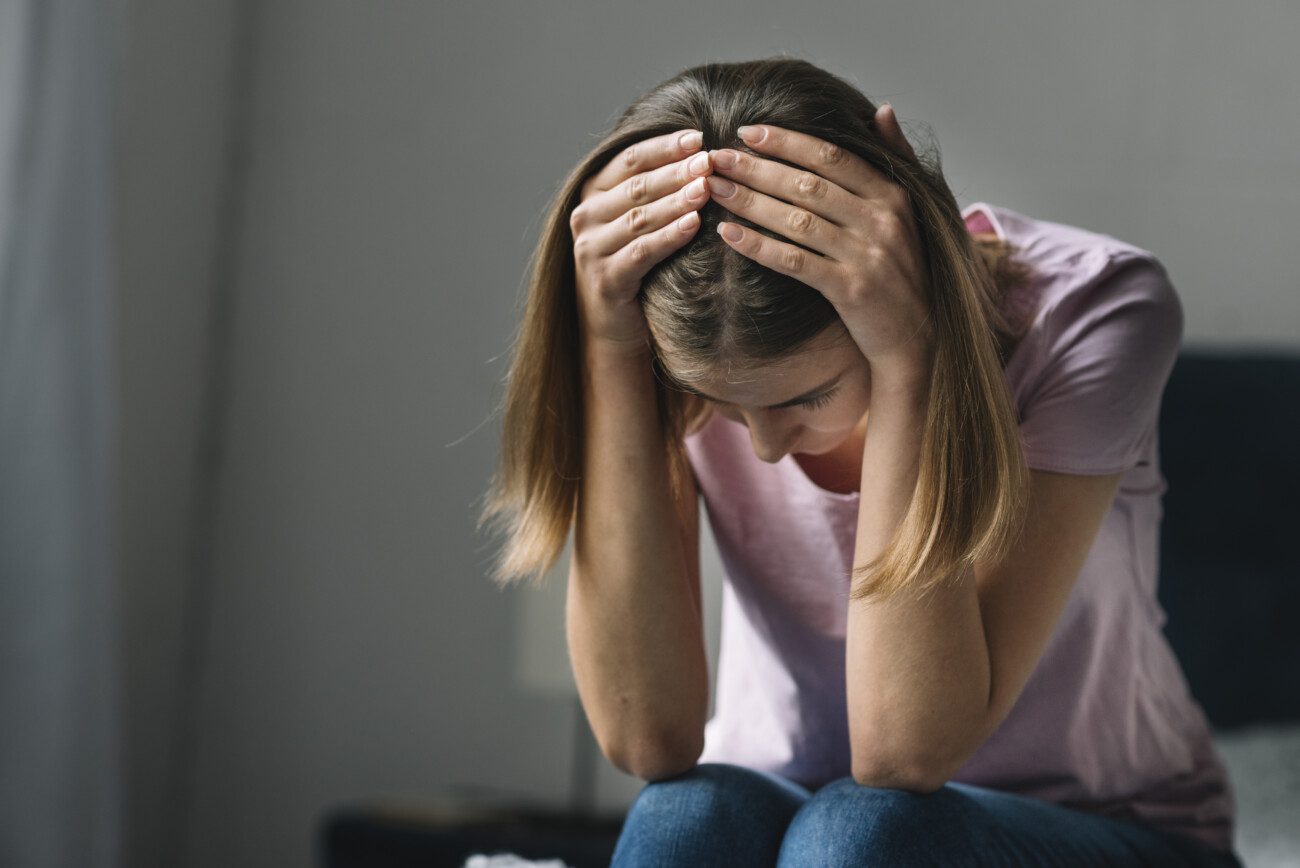
The COVID-19 pandemic has had a lasting effect on many people throughout the world, whether it is from losing a loved one and being unable to say goodbye or the mental anguish caused by constant fear, worry, or stress. As countries start to open up again and try to get some resemblance of normality back, there are significant concerns for the mental health of people who have suffered during this unprecedented time.
Below are some of the mental health issues that you need to be aware of that may affect you, a family member, or someone that you know.
People who already have an existing mental health condition may find that their mental health worsens with the extreme isolation and lack of support during the crisis. With so much free time on your hands, it is hard to avoid seeing the latest news and updates on the situation, and repeated exposure to stressful information can result in heightened levels of anxiety. The perfect antidote, if you can afford it, would be a trip to a Phuket Thailand luxury rehab centre where you can work through what causes increased anxiety and help to improve your mental health.
Continued high levels of anxiety can also result in other conditions, such as agoraphobia which is where the person who suffers from it perceives a threat in their environment, deeming it not to be safe. It can present itself in many different ways, and large open spaces can often be a trigger for the condition. It is a complex condition and can also be the result of multiple problems combining, and one sign that may be seen is the development of or increasing levels of panic attacks in the patient.
Another result of the COVID-19 pandemic is that people may become very untrusting of others, always suspicious that they may be carrying the disease. Again, this will most likely develop as a result of deeper underlying conditions; however, the increased anxiety and solitude of isolation may be enough to push some people over the edge and worsen their symptoms substantially. The patient may suffer from an increased level of paranoia, preventing them from trusting people that they know and persons in authority, as well as everyone else.
There have already been claims of the rate of depression increasing quite significantly, and as time goes by it is expected that many more people will suffer from the condition, even when things are getting closer to normal. The human race is a social species, and the lack of physical and emotional contact with those that we know and love can send people into a downward spiral of despair. Without being medically trained, it is hard to know what to do, but the best thing is to be there for them if you can, let them talk and listen, and acknowledge what they say without offering judgement.
Humans are a resilient species, and there is no doubt that we will overcome COVID-19 in the future, at some point. In the meantime, all we need to do is look after ourselves and our loved ones, and offer support where best we can, and we can all help each other to come out the other side, stronger for it.
This is a collaborative post.